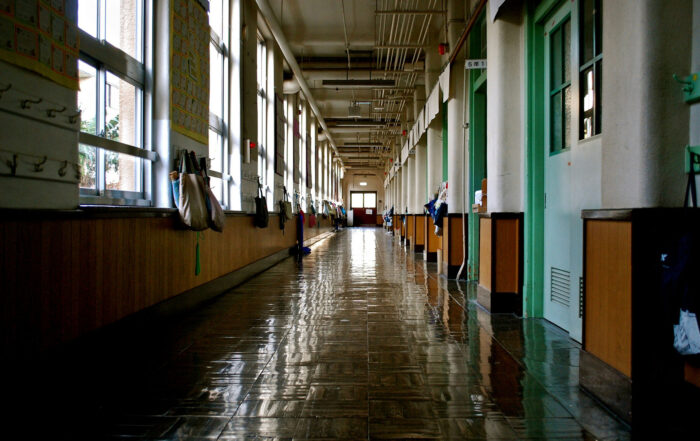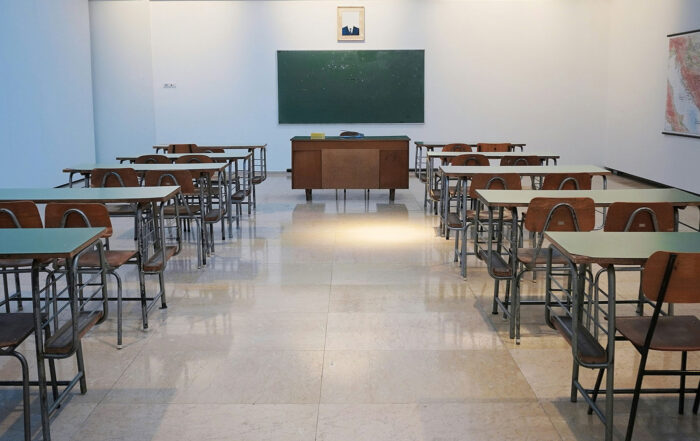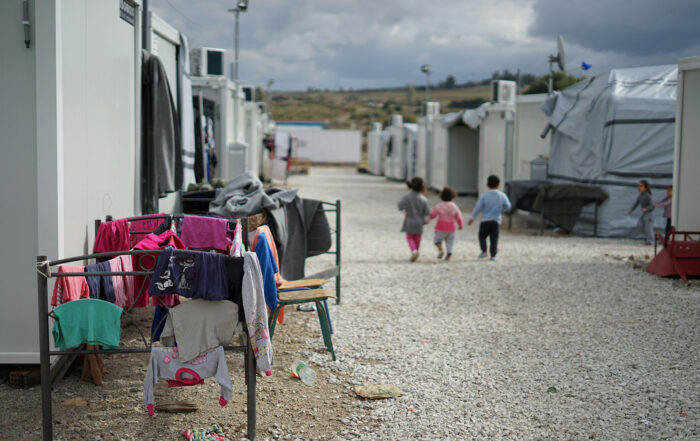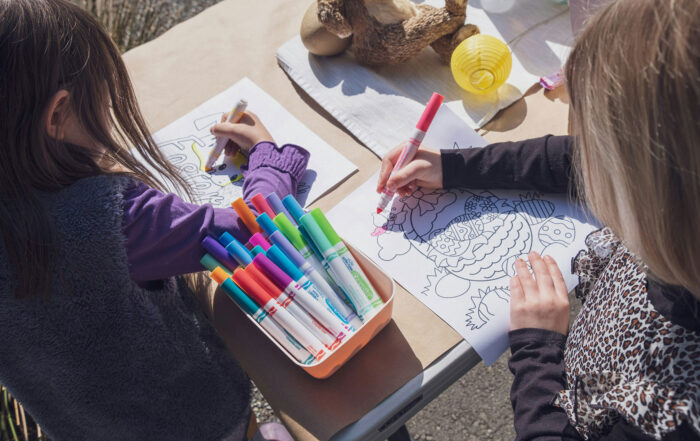
By Renée Fabian
When I color during therapy, it creates a safe space for me to express painful feelings from my past. Coloring engages a different part of my brain that allows me to process my trauma in a different way. I can even talk about the most difficult memories of my sexual abuse without panicking.
Yet there’s more to art therapy than coloring, despite what the adult coloring book trend may suggest. They’re onto something, though, as I’ve learned through my own experience. Art therapy, just like talk therapy, has enormous healing potential when done with a trained professional. In fact, for those with post-traumatic stress disorder (PTSD), working with an art therapist has been a lifesaver.
What is PTSD? PTSD is a psychiatric disorder resulting from a traumatic event. Terrifying or threatening experiences like war, abuse, or neglect leave traces that get stuck in our memories, emotions, and bodily experiences. When triggered, PTSD causes symptoms like re-experiencing the trauma, panic or anxiety, touchiness or reactivity, memory lapses, and numbness or dissociation.
“Traumatic memories typically exist in our minds and bodies in a state-specific form, meaning they hold the emotional, visual, physiological, and sensory experiences that were felt at the time of the event,” says Erica Curtis, a California-based licensed marriage and family therapist. “They’re essentially undigested memories.”
Share This Post!
Parent Guidelines for Helping Youth after the Recent Shooting
By The National Child Traumatic Stress Network The recent shooting has been an extremely frightening experience, and the days, weeks, and months following can be very stressful. Your children and family [...]
Two Professors Found What Creates a Mass Shooter. Will Politicians Pay Attention?
By Melanie Warner Each time a high-profile mass shooting happens in America, a grieving and incredulous nation scrambles for answers. Who was this criminal and how could he (usually) have committed [...]
13 Million Children Face Hunger Every Day – and the Problem is Worse During the Summer
By Move For Hunger There are 13 million children in America who don’t know where their next meal will come from. Throughout the school year, many participate in programs that provide [...]
Sexual Abuse of Children at Camp is an Epidemic:
By Mick S. Grewal Sexual abuse by camp counselors is a national epidemic, according to various organizations, including Crime Stoppers. Every year, nearly 10 million children attend summer camp. In 2018, CBS [...]
Trends in U.S. Emergency Department Visits Related to Suspected or Confirmed Child Abuse and Neglect Among Children and Adolescents Aged <18 Years Before and During the COVID-19 Pandemic — United States, January 2019–September 2020
By The C.D.C. Heightened stress, school closures, loss of income, and social isolation resulting from the coronavirus disease 2019 (COVID-19) pandemic have increased the risk for child abuse and neglect (1). [...]
Behind the Term: Trauma
By U.C. Berkeley The term “trauma” can mean different things, depending on the context. Semantically, trauma refers to an experience or event; nevertheless, people use the term interchangeably to refer to either [...]







